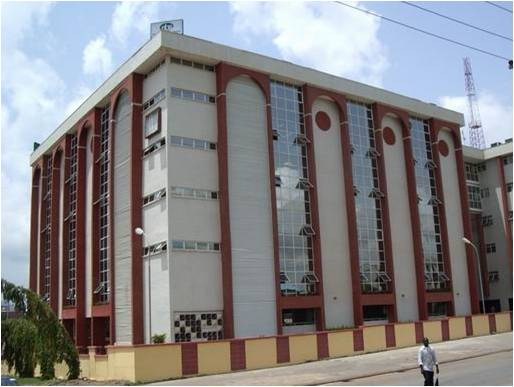Data from the Nigeria’s National Bureau of Statistics, on Tuesday, showed that Consumer Price Index in the country for the month of January climbed further by 0.15% higher than the 11.98% recorded in December 2019 to 2.13%, driven once again by food inflation rate at 14.85% from 14.67% in the preceding month.
On a month-on-month basis, it increased by 0.87% from 0.85% December 2019, while the urban inflation rate increased by 12.78% (year-on-year) in January 2020 from 12.62% in December 2019. The rural inflation rate, on the other hand, rose by 11.54%, as against the 11.41% reported for December 2019.
On a month-on-month basis, the urban index rose by 0.92% in January 2020, as against the 0.9% recorded in December 2019, while the rural index also rose by 0.83% in January 2020 from the 0.82%.
The rise in food index, according to the NBS, “was caused by increases in prices of bread and cereals, meat, oils and fats, potatoes, yam, and other tubers and Fish.”
The ”All items less farm produce” or Core inflation, which excludes the prices of volatile agricultural produce stood at 9.35% in January 2020, as against 9.33% recorded in December 2019.
On month-on-month basis, the core sub-index increased by 0.82 percent in January 2020, with the highest increases coming from “prices of hospital services, vehicle spare parts, cleaning, repair and hire of clothing, shoes and other footwear, glassware, tableware, and household utensil, hairdressing salons and personal grooming establishments, repair and hire of footwear, garments and passenger transport by air.”
On a state-by-state basis, inflation was at its peak during the month of January in Sokoto at 15.20%; followed by its neighbouring Kebbi, 14.37%; while Niger was next at 14.23%; while the slowest rise in headline Year on Year inflation of 9.49% occurred in Kwara, followed by 9.61% in Benue, and Delta, 9.95%.
On month on month basis, however, January 2020 all items inflation was highest in Ondo, 2.17%; Anambra, 2.04%; and Bauchi, 1.81%; while Benue recorded the slowest rise on the month on month at 0.04%. Kogi and Rivers recorded price deflation or negative inflation, defined as a general decrease in the price level or negative inflation rate.
Trending Today
Menu








